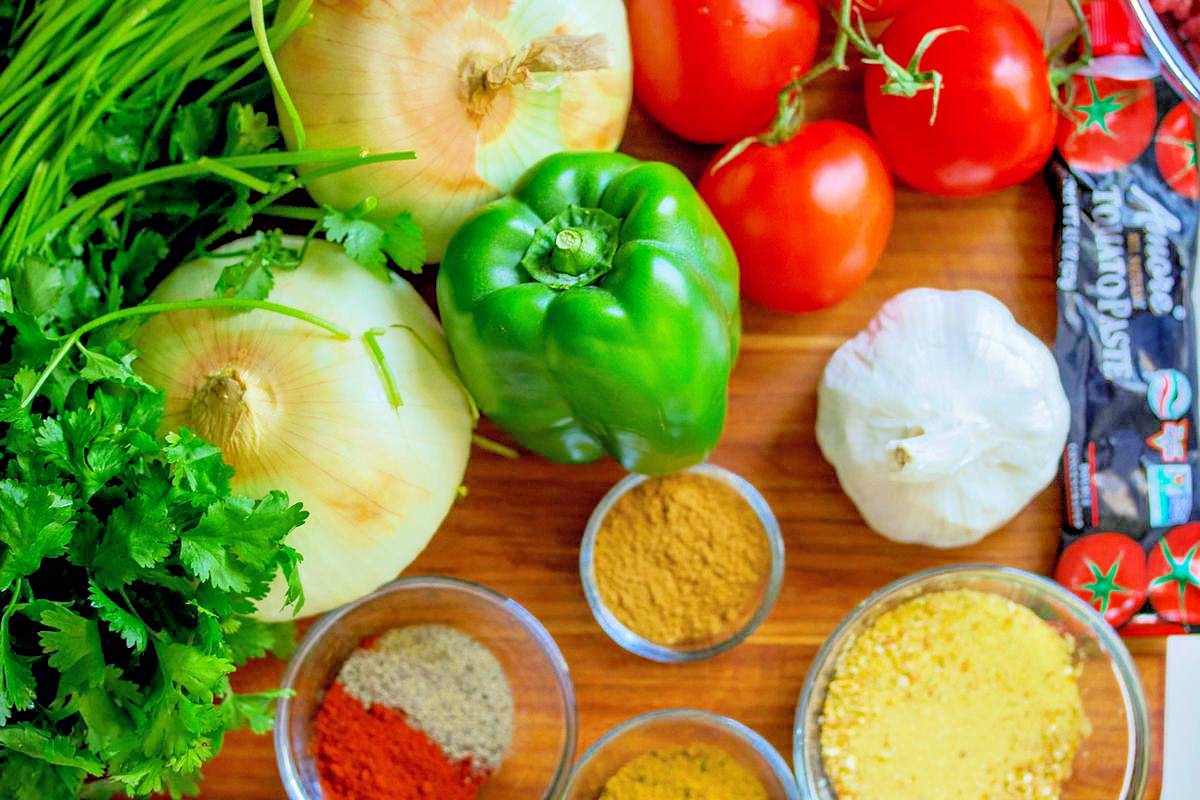Understanding Kidney Health 💪
The kidneys are vital organs that require special care to maintain their proper functioning. Unlike other organs like the liver, the kidneys do not regenerate well, making it crucial to understand how food choices can impact their health. 🫁💊 Chronic Kidney Disease (CKD) is a common condition affecting about one in seven individuals in the United States, and it’s essential to be aware of the different stages of kidney disease to make informed dietary choices. 📈
Kidney damage can stem from various causes, including type 2 diabetes, hypertension (high blood pressure), kidney infections, and the use of certain over-the-counter drugs like aspirin and Tylenol. 🩸 Ultimately, the root cause of many kidney issues can be traced back to sugar and insulin resistance, which also contribute to metabolic syndrome, type 2 diabetes, and hypertension. 🍭
The Stages of Kidney Disease 📊
- Stage 1: Normal kidney function, with a filtration rate (eGFR) over 90. ✅
- Stage 2: Mild kidney damage, with an eGFR between 60-90. ⚠️
- Stage 3a: Moderate kidney damage, eGFR between 45-59. 🟠
- Stage 3b: More severe kidney damage, eGFR between 30-44. 🔴
- Stage 4: Severe kidney damage, eGFR between 15-29. ☠️
- Stage 5: Kidney failure, eGFR less than 15. 💀
The Importance of Diet 🍽️
The damaged kidneys struggle to filter sodium, potassium, phosphorus, nitrogen (from protein), and even fluids. While a healthy kidney requires these substances, a damaged kidney needs to limit their intake to prevent further injury. 🚫 However, it’s a myth that these substances are inherently bad – they are essential for a healthy body, and the key is moderation based on the stage of kidney disease. 🤓
For stages 1 and 2, where the kidney damage is minimal or mild, it’s generally safe to consume a balanced, whole-food diet without significant restrictions. 🥗 However, as you progress to stage 3 and beyond, it becomes increasingly important to monitor and limit your intake of sodium, phosphorus, potassium, and protein. 📉
In stage 5, when kidney failure occurs, strict dietary limitations are necessary, and medical supervision from a nephrologist (kidney specialist) is crucial. 👨⚕️ Dialysis or a kidney transplant may be required at this stage to sustain life. 💉
Top 10 Foods for Kidney Detox 🥗🥬🍓
- Apples 🍎: Low in phosphorus, potassium, and sodium, but high in sugar, so avoid if you have diabetes or insulin resistance.
- Bell Peppers 🫑: Low in all three minerals and no sugar.
- Raspberries 🍓: Low in phosphorus, potassium, sodium, and sugar.
- Cabbage/Sauerkraut 🥬: Very low in all three minerals and a great source of fiber.
- Cauliflower 🥦: Low in phosphorus and sodium, but moderate in potassium, so limit in later stages.
- Green Leaf Lettuce 🥬: Low in all three minerals and easy to incorporate into your diet.
- Onions 🧅: Low in minerals and carbs, high in sulfur-containing amino acids that boost immunity.
- Whole Eggs 🥚: While egg whites are recommended, whole eggs provide better protein utilization and less nitrogen waste. Limit based on your stage.
- Lean Meats and Fish 🥩🐟: Higher in minerals but excellent sources of high-quality protein. Consume in moderation.
- Garlic, Ginger, and Turmeric 🧄🌶️: Low in minerals and great for their anti-inflammatory and antibacterial properties.
In addition to a kidney-friendly diet, it’s crucial to adopt a low-carb, high-fat or whole-food diet to reduce the intake of sugar and insulin resistance, which can further damage the kidneys. 🥑 Exercise and stress reduction techniques like meditation can also help lower blood pressure and improve immune function, both of which contribute to better kidney health. 🧘♀️
Remember, the key is to balance your nutrient intake based on your stage of kidney disease and consult with a nephrologist (kidney specialist) if you reach stage 5. 👨⚕️ With the right diet and lifestyle choices, you can support your kidney health and prevent further damage. 💪
Benefits of a Kidney-Friendly Diet 🌿
Adopting a kidney-friendly diet can offer numerous benefits beyond just supporting kidney function. Here are some additional advantages:
- Reduced Inflammation 🔥: Many kidney-friendly foods, such as berries, leafy greens, and spices like turmeric, are rich in antioxidants and anti-inflammatory compounds that can help reduce systemic inflammation in the body.
- Better Blood Sugar Control 🍭: By limiting sugar intake and focusing on low-carb, high-fiber foods, a kidney-friendly diet can help regulate blood sugar levels and improve insulin sensitivity, which is crucial for those with diabetes or metabolic syndrome.
- Improved Cardiovascular Health 💓: Limiting sodium, potassium, and phosphorus can help lower blood pressure and reduce the risk of heart disease, which is often associated with kidney problems.
- Increased Fiber Intake 🌾: Many kidney-friendly foods, such as vegetables, berries, and whole grains, are excellent sources of fiber, which can promote healthy digestion and regular bowel movements.
- Boosted Immune Function 💪: The inclusion of nutrient-dense foods like garlic, ginger, and onions can support a robust immune system, helping the body fight off infections that could further compromise kidney health.
By embracing a kidney-friendly diet, you not only support your kidney function but also promote overall health and well-being. It’s a holistic approach that can have far-reaching benefits for your body and quality of life. 🌈
Copyright © 2025 Hea1th.net

